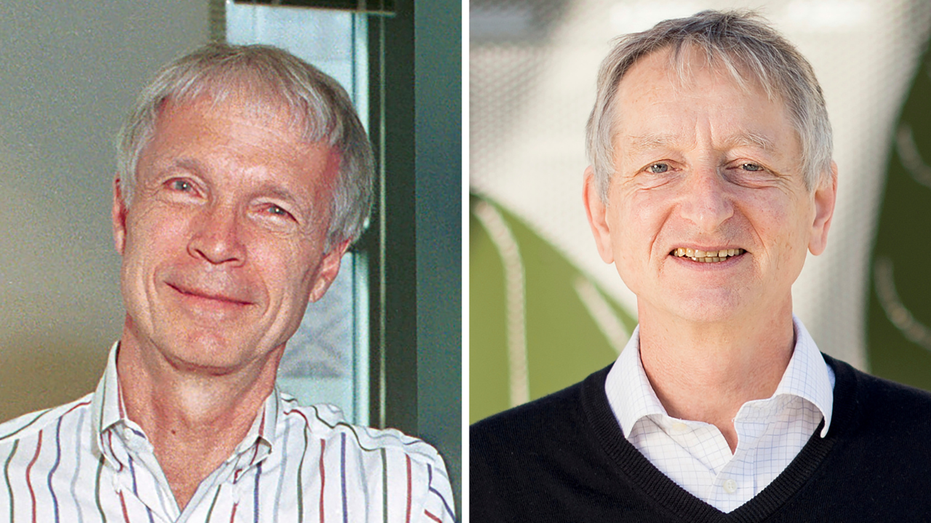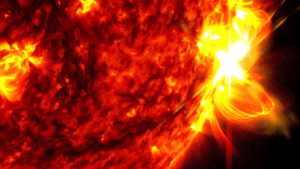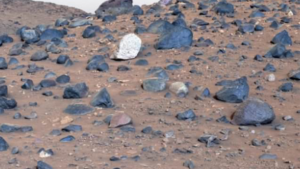
Pioneers of AI Awarded Nobel Prize in Physics for Groundbreaking Contributions to Machine Learning
In a historic recognition of their contributions to the field of artificial intelligence, John Hopfield and Geoffrey Hinton have been awarded the Nobel Prize in Physics. Announced on Tuesday, this prestigious accolade honors their foundational work that has not only transformed machine learning but also introduced new challenges and ethical considerations for humanity.
The Visionaries Behind Modern AI
Geoffrey Hinton, often referred to as the “godfather of artificial intelligence,” holds citizenship in both Canada and Britain and is affiliated with the University of Toronto. His collaborator, John Hopfield, is an esteemed American physicist at Princeton University. The Nobel committee member Mark Pearce commented, “These two gentlemen were really the pioneers. They laid the groundwork for the revolution we see today in machine learning and artificial intelligence.”
Transformative Technology: Neural Networks
The duo’s pioneering research led to the development of artificial neural networks—complex systems of interconnected nodes that mimic the neurons in the human brain. These networks are not only integral to scientific research and medical advancements but have permeated everyday life, influencing applications such as facial recognition and language translation.
Ellen Moons, another member of the Nobel committee, highlighted the widespread impact of their work: “The artificial neural networks they pioneered have become part of our daily lives.” Hopfield expressed his amazement at the lasting influence of his 1982 research, stating, “I continue to be amazed by the impact it has had.”
The Future of AI: Promise and Peril
Hinton believes AI will fundamentally reshape civilization, enhancing productivity and healthcare in ways comparable to the Industrial Revolution. He noted, “Instead of exceeding people in physical strength, it’s going to exceed people in intellectual ability.” However, he cautioned about the potential risks, stating, “We have no experience of what it’s like to have things smarter than us, and it’s going to be wonderful in many respects. But we also have to worry about a number of possible bad consequences, particularly the threat of these things getting out of control.”
The Nobel committee echoed these concerns, emphasizing the need for responsible and ethical use of AI technology. “Collectively, humans carry the responsibility for using this new technology in a safe and ethical way for the greatest benefit of humankind,” Moons stated.
Personal Reactions and Reflections
Upon receiving the news of the award, Hopfield was at a cottage in Hampshire, England. He recounted the surprise of seeing his inbox overflow with congratulatory messages. “I’ve never seen that many emails in my life,” he remarked. Hinton, reaching the committee from a budget hotel without internet access, expressed his astonishment: “I’m flabbergasted. I had no idea this would happen.”
Significant Contributions to AI
At the heart of Hinton’s contribution is the backpropagation technique, developed in the 1980s, which allows machines to learn by correcting errors—a process akin to how students improve through feedback. His team’s success in the 2012 ImageNet competition marked a pivotal moment in AI history, with Stanford University’s Fei-Fei Li describing it as “the birth of modern AI.”
In 2019, Hinton, along with Yoshua Bengio and Yann LeCun, received the Turing Award, recognized as the highest honor in computer science. Hinton remarked on the initial skepticism surrounding their work, stating, “For a long time, people thought what the three of us were doing was nonsense.” He encouraged young researchers to persevere, saying, “Don’t be put off if everyone tells you what you are doing is silly.”
Looking Ahead: The Ethical Landscape of AI
Hopfield, at 91, has developed associative memory techniques that reconstruct data patterns, while Hinton has utilized these principles in newer models like the Boltzmann machine. Their collaborative insights have illuminated the connections between physics and neural networks, forming the backbone of contemporary AI.
As the Nobel announcements continue, with upcoming prizes in chemistry, literature, and peace, this recognition of Hopfield and Hinton serves as a reminder of the profound responsibilities that accompany technological advancement. The Nobel Prize, endowed with a cash award of $1 million, will be presented at ceremonies on December 10, commemorating the legacy of Alfred Nobel.

